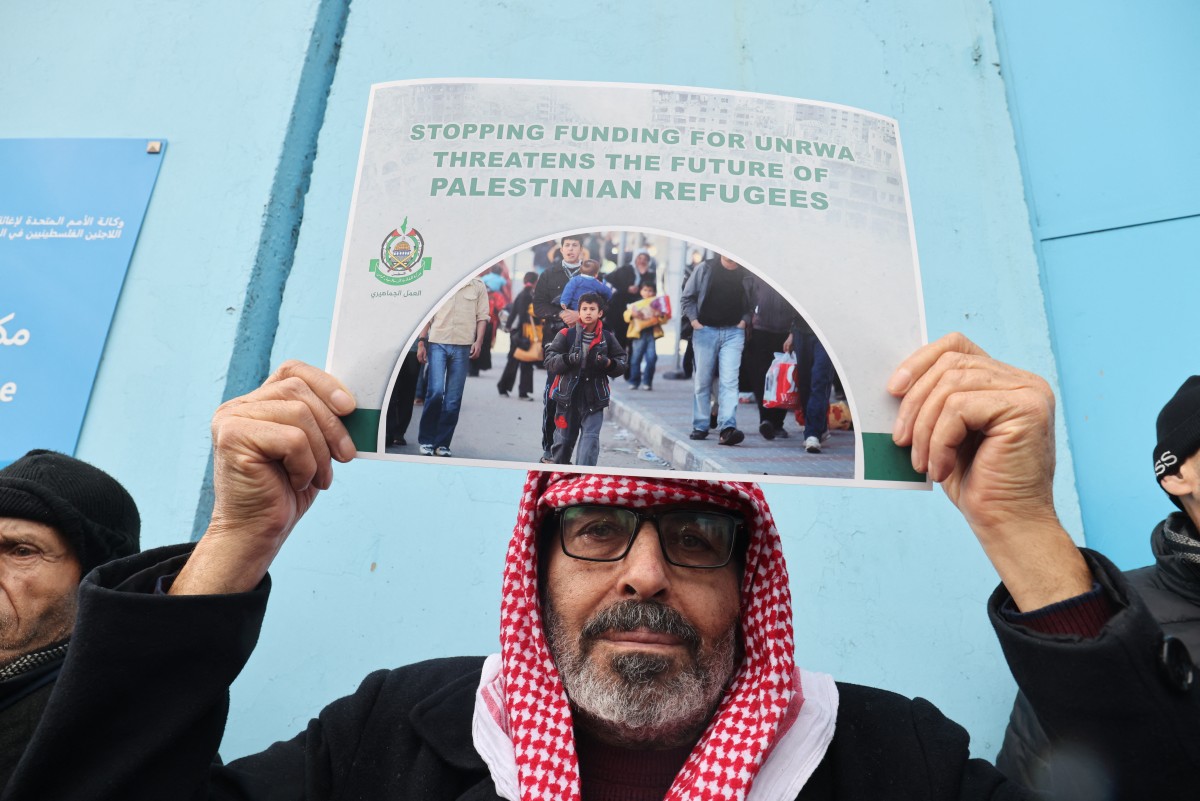“Walk down the street, and you can sense that people are not well. It feels like Gaza is inside Jordan, not outside. It’s as if the war were in our home,” says Wael Suleiman, director of Caritas Jordan, speaking by telephone with AsiaNews from his office in Amman.
In a country that has hosted more Palestinian refugees than any other since 1948, with “more Palestinians than in Palestine,” the ongoing massacre in Gaza is part of everyday life.
Suleiman, himself of Palestinian origins, emphasizes their efforts to aid Palestinians in various ways. In recent months, people have even canceled celebrations and trips, contributing generously due to a profound awareness of the significant suffering.
Regarding the drone attack on “Tower 22,” an American base on the Syria-Jordan border causing casualties, Suleiman perceives it as a distant incident from city life, occurring at the border where people continue their normal lives without much discussion.
Caritas Jordan, established in 1967 after the Six Day War to address the humanitarian needs of Palestinian refugees, has played a crucial role in responding to emergencies.
With 400 employees and 26 centers throughout Jordan, the organization provides a range of services, collaborating with other humanitarian actors, including UNRWA.
Suleiman underlines the belief that their work is not just a job but a mission, emphasizing the responsibility that comes with being an active Christian.
The relationship between Caritas Jordan and UNRWA has evolved over the years, with Caritas shifting its focus from Palestinian refugee camps to urban areas.
Suleiman criticizes the recent suspension of voluntary funding for UNRWA by the United States and other countries, labeling it a “senseless” action that undermines the only hope for Palestinians who have endured injustices for 75 years.
As the largest humanitarian organization in Gaza, UNRWA faces challenges due to the funding suspension, putting the 2 million Gazans at the center of tragic consequences.
Suleiman emphasizes the urgency of prioritizing the situation in the Gaza Strip and calls for support to ensure aid operations beyond the end of February.
Caritas Jordan collaborates closely with Caritas Jerusalem, sending aid to Gaza and supporting relief efforts.
Despite the risks involved, those working in the Strip, like Viola al-Amash and Issam Abedrabbo, dedicate themselves to helping others, facing personal dangers in the process.
Suleiman shares a personal connection to the conflict, as his grandfather fled Palestine in 1948, highlighting the painful roots of the current situation in Jordan.
Reflecting on his 24 years of service, Suleiman expresses a shift in focus from working for peace to working for life, recognizing the importance of saving lives amid ongoing violence.
He underscores the sanctity of life and the responsibility to prioritize saving lives over pursuing peace through force, drawing parallels to his grandfather’s choice to escape for survival.
This article was edited to fit the writing style of LiCAS.news







